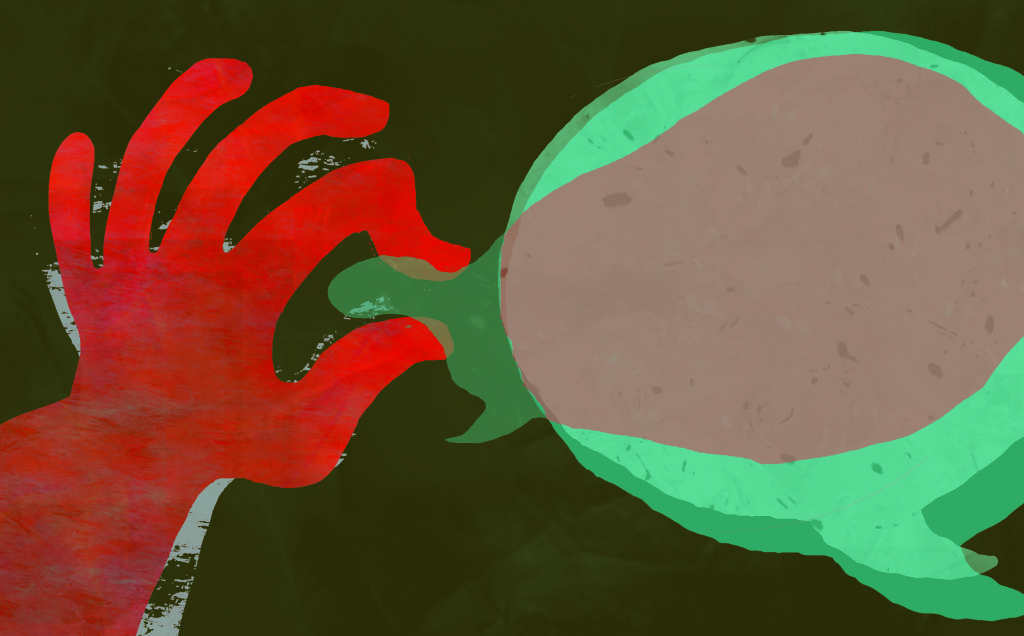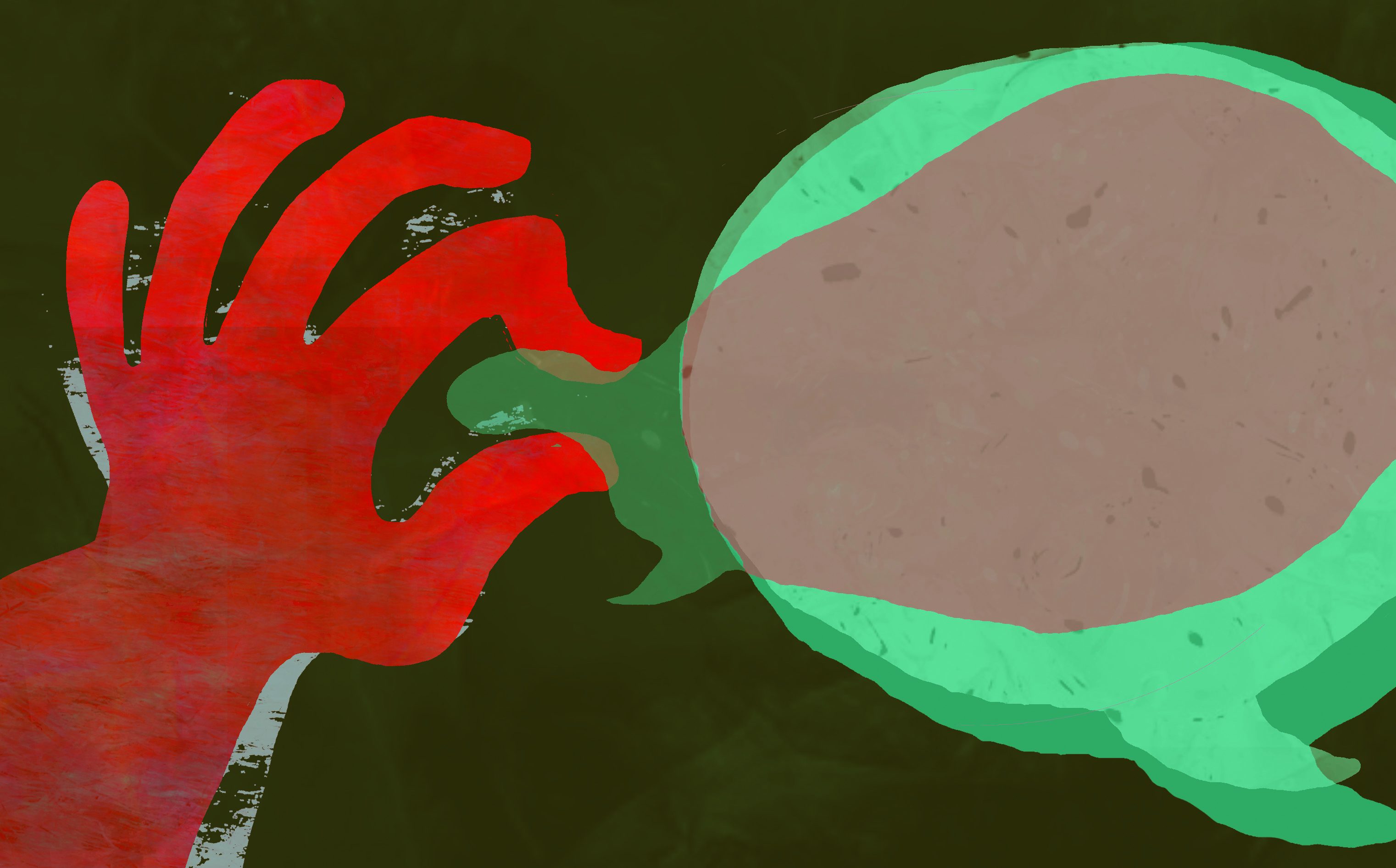
A riddle: An award-winning journalist with his own CNN segment and Washington Post column is accused of plagiarism. The accusers claim that for over 20 years of his career, the journalist has paraphrased, improperly quoted or outright stolen significant portions of his life’s work. This journalist, a foreign policy expert and a media personality, could have his career toppled by the weight of his plagiarism. The story is huge, so why haven’t you heard of it?
These plagiarism allegations, first launched in August, weren’t ignored by the public because of lack of evidence nor due to a massive cover-up. The journalist in question is talking head Fareed Zakaria, and most of the media outlets that would typically report the story are his current or former employers. Furthermore, his accusers happen to be two anonymous Twitter users by the names of @blippoblappo and @crushingbort.
Blappo and Bort, former “weird Twitter” celebrities, were better known for their surreal jokes than their journalistic sway before they launched Our Bad Media, a WordPress site dedicated to exposing plagiarism in online journalism, earlier this summer. Their posts place dozens of examples of journalists’ work side-by-side with the work they’ve allegedly plagiarized and highlight common parts. The posts also ask simple, pointed questions of their targets and their media employers: Why did you blatantly lift this passage? How did no one perform a simple Google search on this article? Are integrity standards a joke, even at huge, well-respected publications?
It might be called a case of the emperor’s new clothes: Zakaria’s offenses are clear to see, but most would rather look away. The site has covered two high-profile cases thus far: Benny Johnson, a writer at Buzzfeed, and Zakaria. The former case led to an almost-immediate firing. The latter has dragged on for months. The accusations against Zakaria have triggered statements from his employers and a deluge of comments from media figures, either gleefully decrying Zakaria or defending him by calling his practices standard operating procedure in journalism. Accusations of plagiarism are not new to Zakaria: In 2012, he was suspended from TIME and CNN after he lifted a paragraph from a Jill Lepore story in the New Yorker for his column in TIME. Though the revelation drew criticism and seemed to hold real consequences for Zakaria, his career has only advanced since then, and Our Bad Media has shown that his pattern of plagiarism hasn’t stopped.
The duo claims that the site’s goal is to further journalistic integrity and that neither individual has “financial motive or personal stake” in the project. Though it’s true they’re not making any money off of Our Bad Media, the project doesn’t seem entirely impersonal. The pair implied that one of the reasons they targeted Johnson was because they had disliked his conservative, “sort of candy-coated propaganda” content on Buzzfeed. However, the triggering moment was Johnson’s retweet of an article that he claimed plagiarized his work. Blappo and Bort seem to take satisfaction in delivering comeuppance. After Jacob Weisberg, editor-in-chief of Slate, called their claims against Zakaria “totally off base,” Our Bad Media made a post breaking down the plagiarism in an old column Zakaria had penned for Slate on martinis.
What started as a sarcastic light shone on journalism, has devolved into a war waged on the heads of news establishments. Both Blappo and Bort have directed enraged tweets at editors-in-chief, asking them to justify their silence in the face of these allegations, and have also confronted Zakaria’s defenders on how they can possibly excuse such a large breach of journalistic integrity. It’s hard not to share the vigilantes’ outrage: When it’s been shown that someone has failed their job’s ethical code — and done so unrepentantly for decades across mediums — and the heads of worldwide organizations have looked at the evidence, you expect action.
If it’s unacceptable for students or small-time journalists to rip off others’ work, it should be equally punishable for those at the top. It might be called a case of the emperor’s new clothes: Zakaria’s offenses are clear to see, but most would rather look away. Both Johnson and Zakaria’s cases send a clear message: Media outlets care more about the name brand of their writers than about the integrity of their work. Johnson was expendable, but Zakaria is so distinguished as to be untouchable. If it’s unacceptable for students or small-time journalists to rip off others’ work, it should be equally punishable for those at the top. The Zakaria case is the smoking gun for major faults in today’s media: If the outlets publishing Zakaria — which happen to be among the largest, most respected and well established in the country — don’t care about his plagiarism, who will?
If this collective institutional apathy illustrates a failure of integrity in modern journalism, Blappo and Bort’s vigilante journalism might provide the cure. Empowered by Internet platforms, the public can counteract breakdowns in accountability and fill the ethical void in the journalistic process that mainstream publications seem unwilling or unable to address. What online journalism needs, perhaps, is a crowd-sourced site dedicated to exposing plagiarism at every level, not just that of handpicked high-profile journalists — a Wikipedia for journalistic integrity.
When the duo behind Our Bad Media were asked if they were proud of their work, Bort responded, “I hope if anything it briefly made the Internet a better place.” If only large media outlets took pride in the integrity of their work, two anonymous Twitter users wouldn’t have to do it for them.
